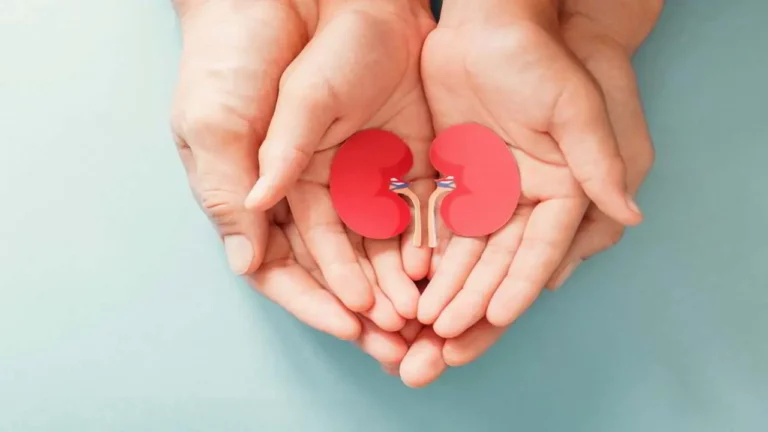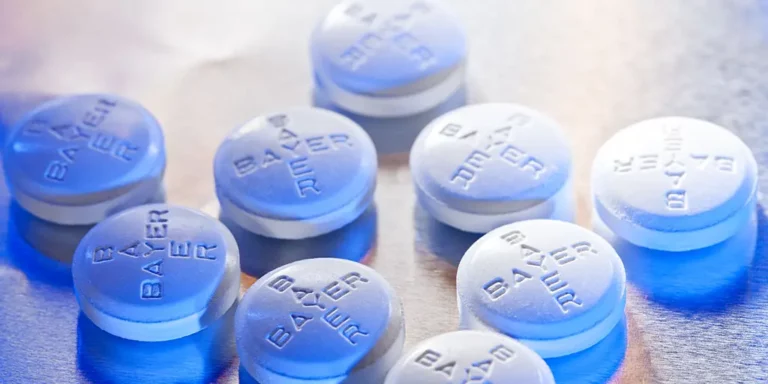The prostate, a vital organ in the male reproductive system, sits near the bladder and plays a significant role during ejaculation. As science advances, there has been an increasing interest in understanding its function and the potential benefits of frequent ejaculation on prostate health.
Impact of Ejaculation Frequency on Prostate Health
Before the groundbreaking 2016 study, the correlation between ejaculation frequency and prostate health was a matter of debate. Various studies had shown connections, but the details remained unclear, such as the effects of age and the type of sexual activity.
However, a large-scale study conducted by Harvard Medical School demonstrated that men who ejaculate over 21 times a month have a reduced risk of prostate cancer. In a parallel finding, Australian researchers arrived at the same conclusion, stating that seven ejaculations per week could promote prostate health, especially in men over 50. These long-term studies, involving a substantial number of participants, solidify the reliability of their findings.
The Ideal Ejaculation Frequency
While there’s no definitive number or intricate explanation concerning the exact frequency, one thing is clear from the research: regular ejaculation is beneficial for prostate health. Men across the board are understandably eager to heed this advice.
Advantages of Regular Ejaculation
Beyond its influence on the prostate, ejaculation also promotes:
- Improved sleep quality
- A strengthened immune system
- Reduction in certain cardiovascular diseases
- Enhanced sperm quality and fertility
- Relief from certain ailments such as migraines
Understanding the Prostate’s Role
The prostate has dual primary functions:
- The glandular tissue generates a unique fluid that mixes and nourishes the sperm.
- Muscular structures in the prostate facilitate the release of semen.
A healthy prostate consistently executes these roles, so much so that many men might be unaware of its existence and purpose.
The Importance of Early Detection
As men age or experience inflammation, the prostate might enlarge. This enlargement can interfere with both urination and ejaculation, leading to discomfort and pain. Regular check-ups can detect early signs of enlargement, allowing for early intervention. Thus, men over 45 are advised to get their prostate checked annually. Early detection is crucial, especially for identifying and treating potential cancers.
Other Elements Influencing Prostate Wellness
While frequent ejaculation seems to offer prostate benefits, it’s just one facet of maintaining overall prostate health.
Diet
Consuming excessive red meat and animal fats can adversely affect reproductive and cardiovascular health. A balanced diet rich in fruits and vegetables ensures the body receives essential vitamins and minerals.
Physical Activity
Consistent exercise, whether it’s yoga, swimming, or jogging, contributes positively to overall health and longevity.
Alcohol and Smoking
These detrimental habits significantly increase cancer risks, with prostate cancer ranking second only to skin cancer in prevalence. Reducing alcohol consumption and quitting smoking can lower these risks.
Conclusion
Recent scientific advancements have brought forth encouraging news for men. Regular ejaculation can positively influence prostate health. Still, it’s equally essential to prioritize other health facets, from diet to exercise, to prevent prostate-related issues.
FAQ
Does ejaculation benefit an enlarged prostate?
Ejaculation doesn’t prevent an enlarged prostate, which typically results from aging processes.
How frequently should men ejaculate weekly?
While research suggests that ejaculating seven times a week reduces cancer risks, the overarching principle remains: frequent ejaculation is beneficial.
Is ejaculation beneficial for overall male health?
Absolutely. Besides being pleasurable and stress-relieving, recent studies link regular ejaculation to reduced cancer risks.
What happens to the prostate post-ejaculation?
Post-ejaculation, the prostate remains relatively unchanged. Its muscles relax, and it resumes its seminal fluid production, though these processes are typically imperceptible.






